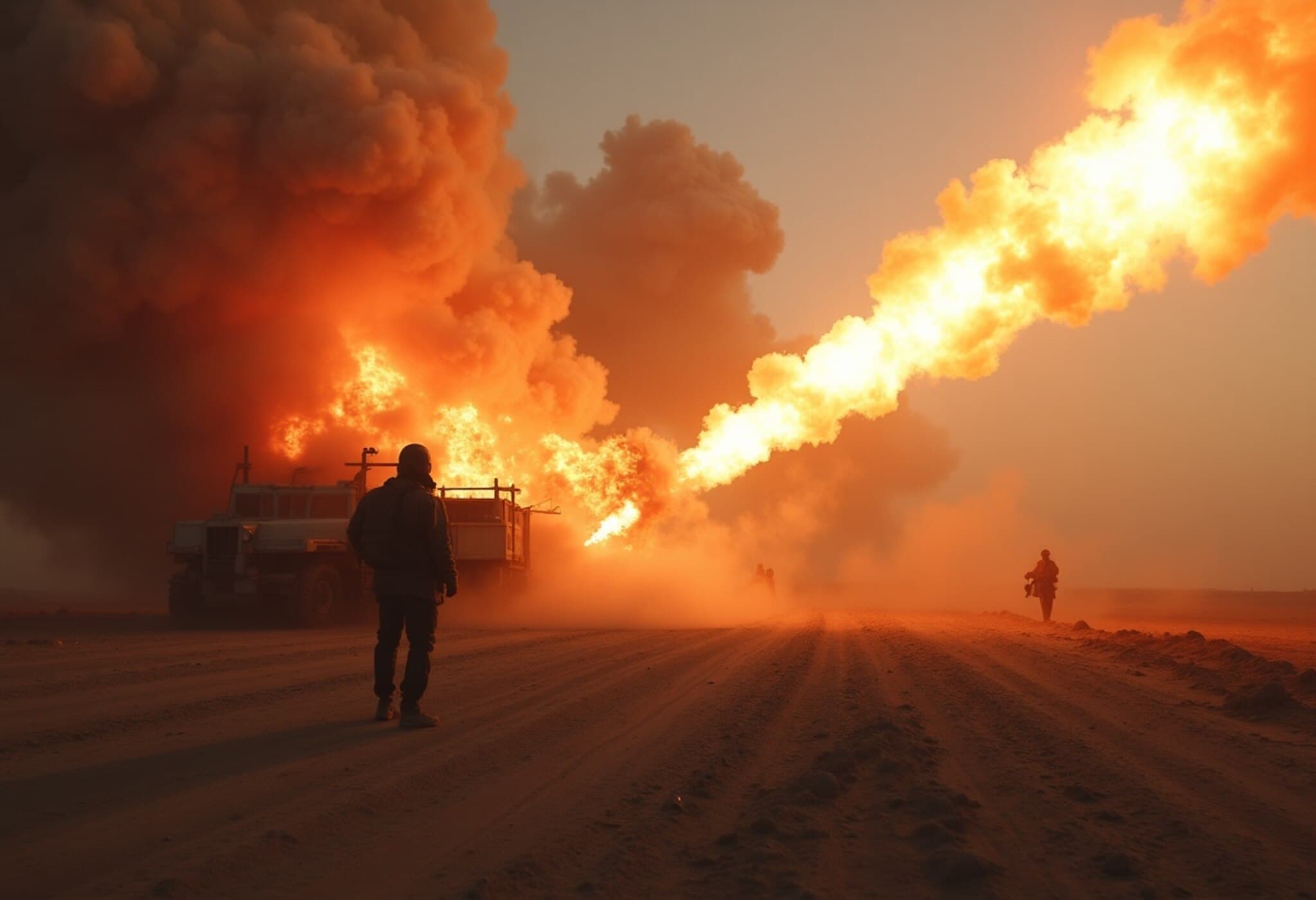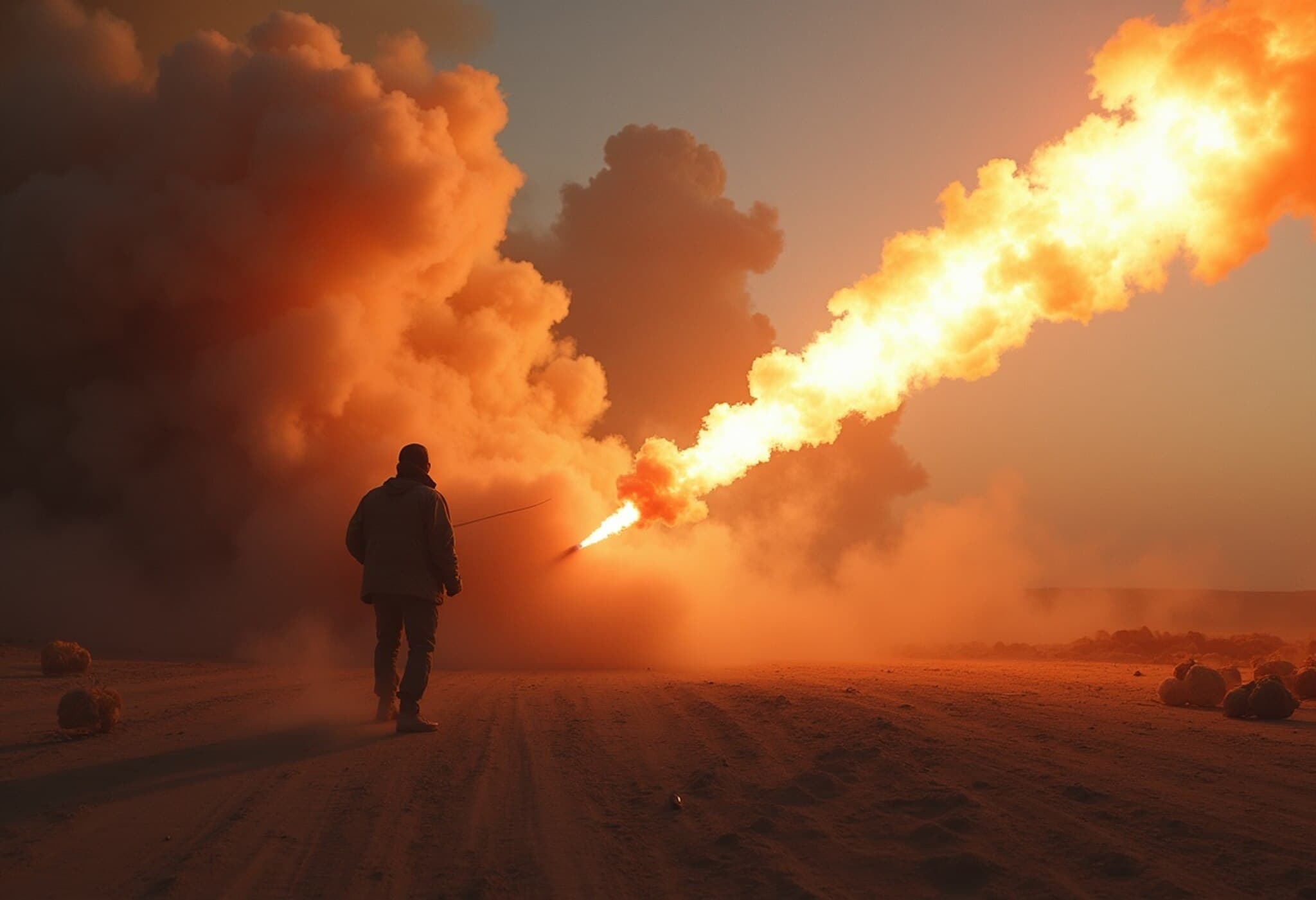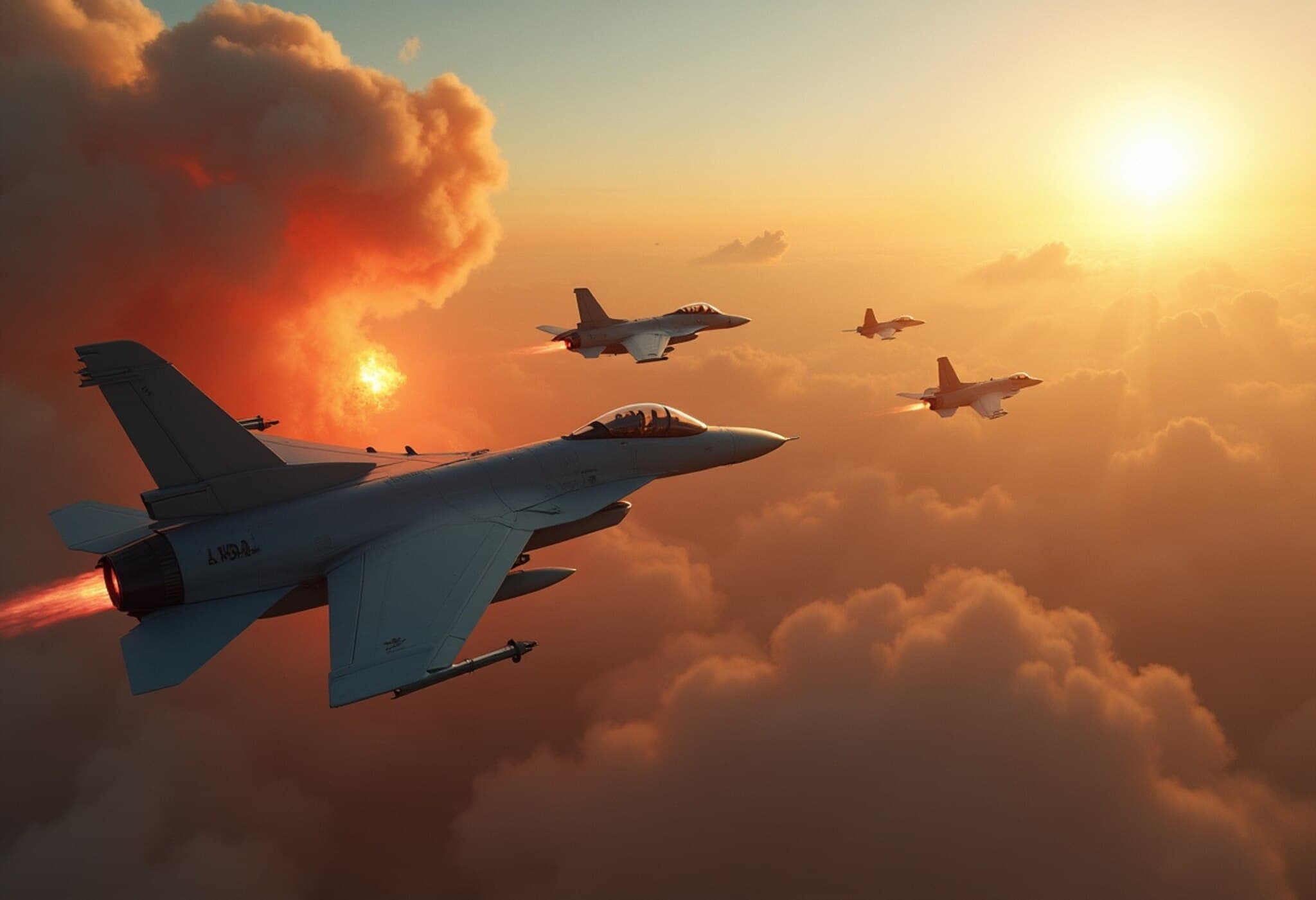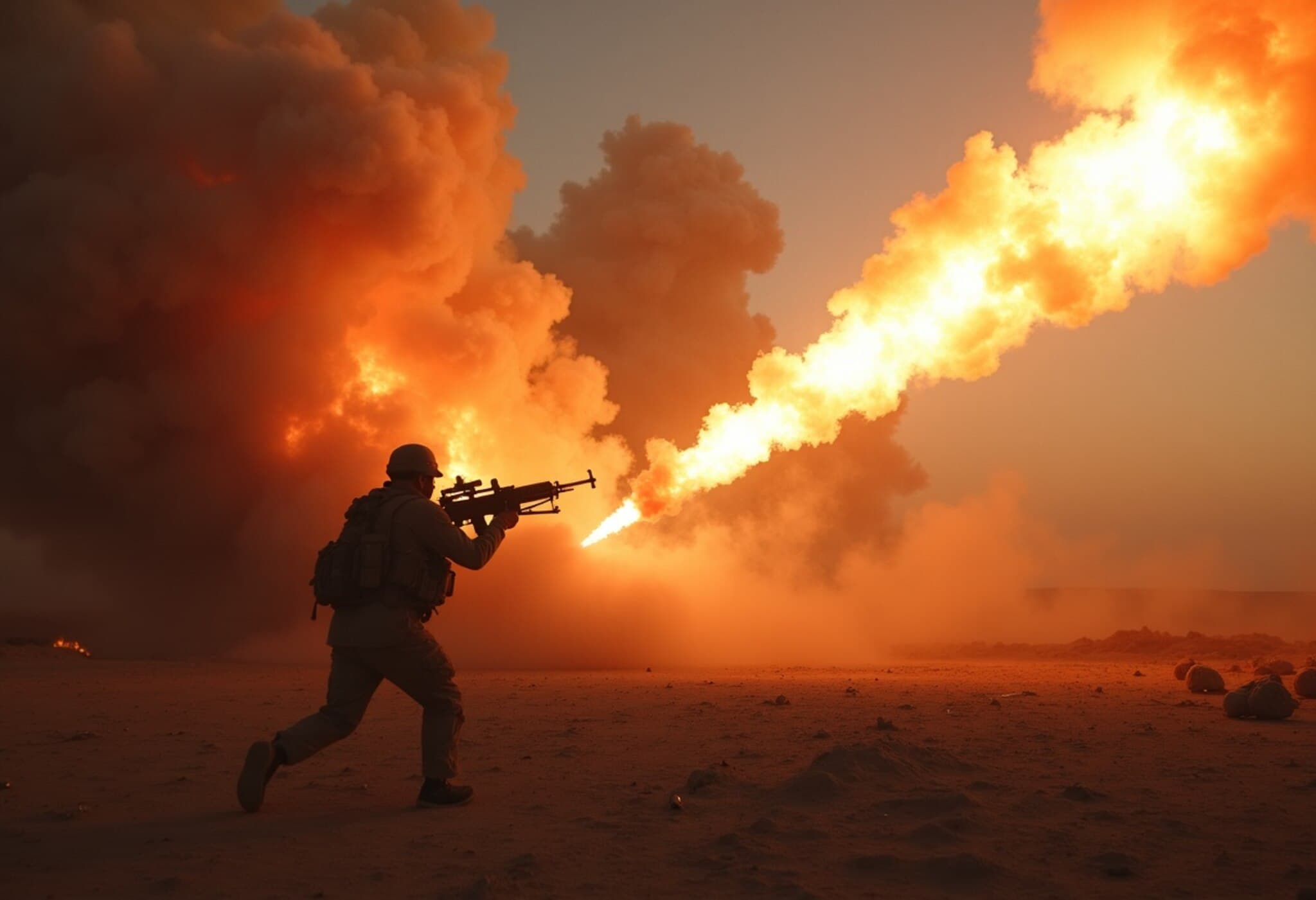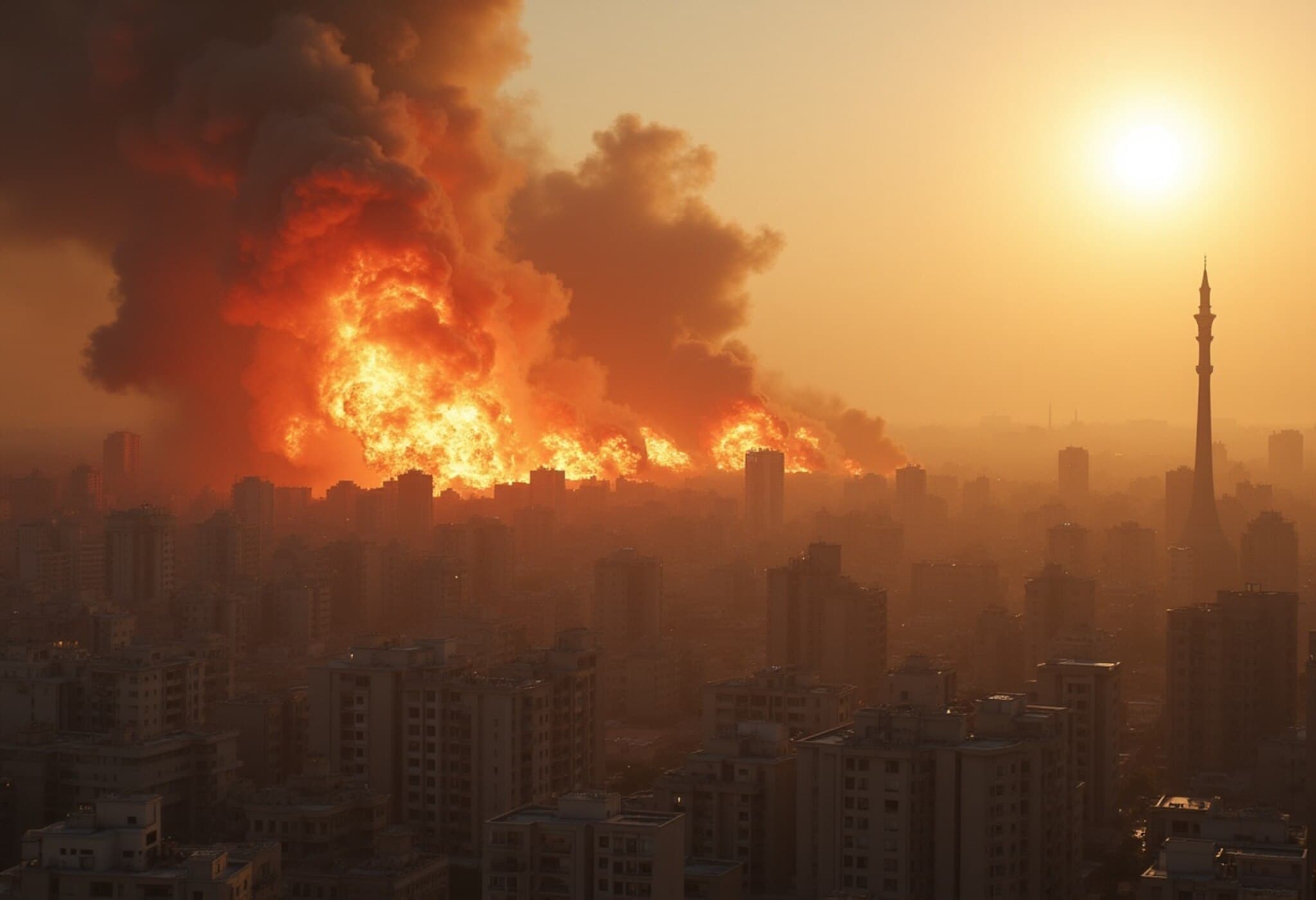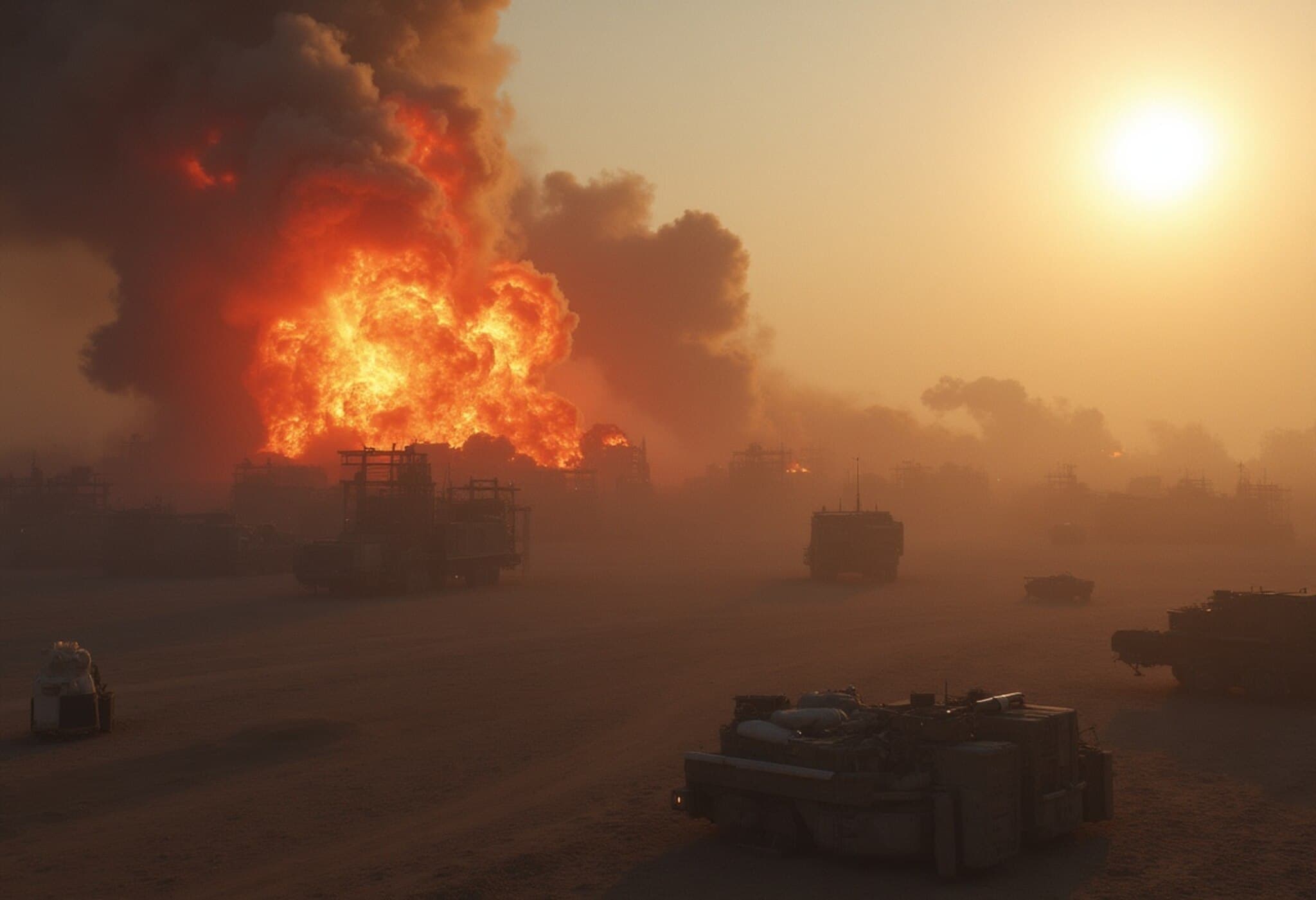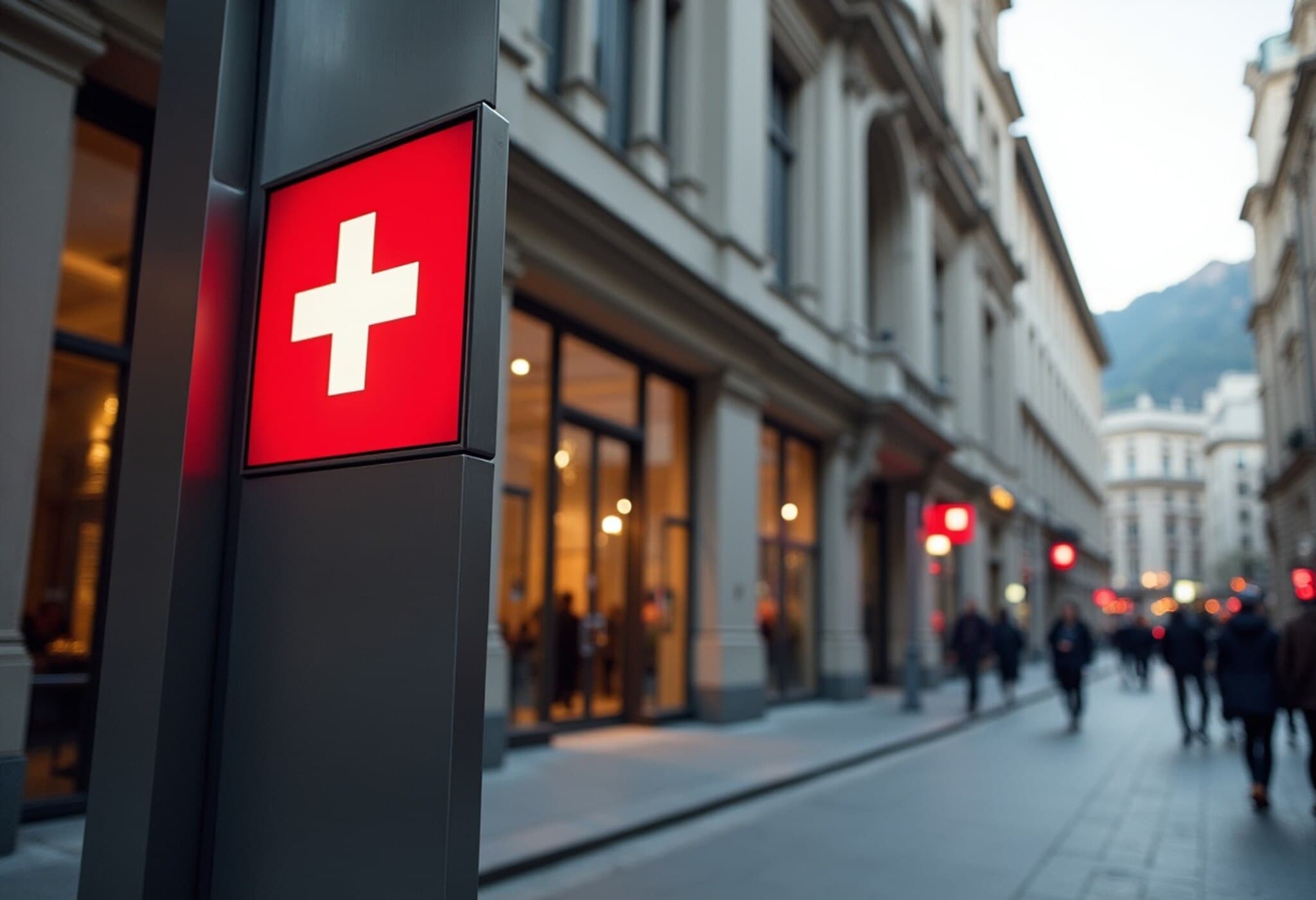Escalation Continues as Israel-Iran Crisis Enters Seventh Day
The tense confrontation between Israel and Iran intensified on the seventh day, with both countries exchanging missile strikes, causing widespread disruption and growing international concern.
Early Thursday, Israeli forces reported a series of targeted airstrikes across Tehran and other strategic locations within Iran. In turn, Iran launched retaliatory assaults on Israeli cities, including a missile attack that severely damaged a hospital in Tel Aviv.
“Extensive damage has been reported at the hospital, and we are currently assessing the situation, including casualty figures,” a spokesperson from Soroka Hospital in Beersheba confirmed.
US Stance and Diplomatic Maneuvers
Meanwhile, the United States remains cautious. President Donald Trump indicated uncertainty over direct involvement, noting ongoing communications with Iran about potential negotiations. Despite this, Washington strongly condemned the strikes on Israel.
10 Key Developments on Day 7 of the Israel-Iran Crisis
- Israeli missile campaigns targeted multiple Iranian sites. The Israeli military struck approximately 40 locations, including weapons manufacturing and nuclear facilities around Tehran, Isfahan, and Kahraj, disrupting Iran’s centrifuge production capabilities.
- Damage to Soroka Hospital in Beersheba was attributed to Iranian missile fire. At least 32 people were injured in the assault. Israeli Prime Minister condemned Iran’s actions, labeling the regime as “terrorist tyrants” and pledged to hold Tehran accountable.
- Airstrike on Natanz nuclear site struck facilities involved in nuclear weapons development, hindering progress on Iran’s enrichment program.
- The Arak heavy-water reactor, a sensitive site with nuclear weapons production potential, was also hit. Authorities had previously evacuated surrounding areas in anticipation.
- US deliberations continue over possible military strikes on Iran’s key enrichment location at Fordo, weighing options to pressure Iran into halting its nuclear ambitions.
- Iranian leadership’s warning: Supreme Leader Ali Khamenei cautioned that any American military entry would lead to “irreparable consequences,” while foreign ministry officials highlighted the risk of regional wide-scale war.
- Global reactions: Russia expressed readiness to mediate, and Turkey called for diplomatic solutions, although its president criticized Israel’s actions as “state terrorism.”
- Casualties reported: Iranian media confirmed at least six deaths in an Israeli strike near Isfahan, including women and children. Israel reported injuries to 33 people from Iranian missile attacks on civilian facilities.
- Indian evacuation efforts: Over 110 Indian nationals were evacuated from Iran to Delhi under Operation Sindhu, with assistance from the Indian embassy facilitating safe passage for students and citizens amid rising conflict.
- Military engagements in airspace continue: Israel claims freedom of operation over Iranian skies despite reports of one of its drones being downed. Iran claims to have shot down both an Israeli drone and a fighter jet.
Looking Ahead
As the situation remains volatile, the world watches closely to see how these developments will shape the broader geopolitical landscape in West Asia. The escalating hostilities cast a daunting shadow over efforts for peaceful resolution and threaten to further destabilize the region.

